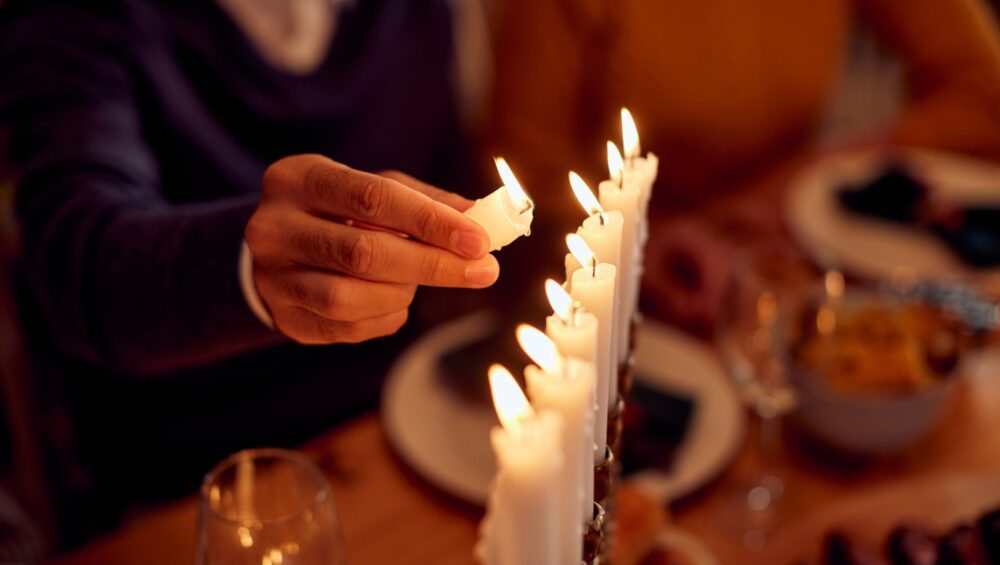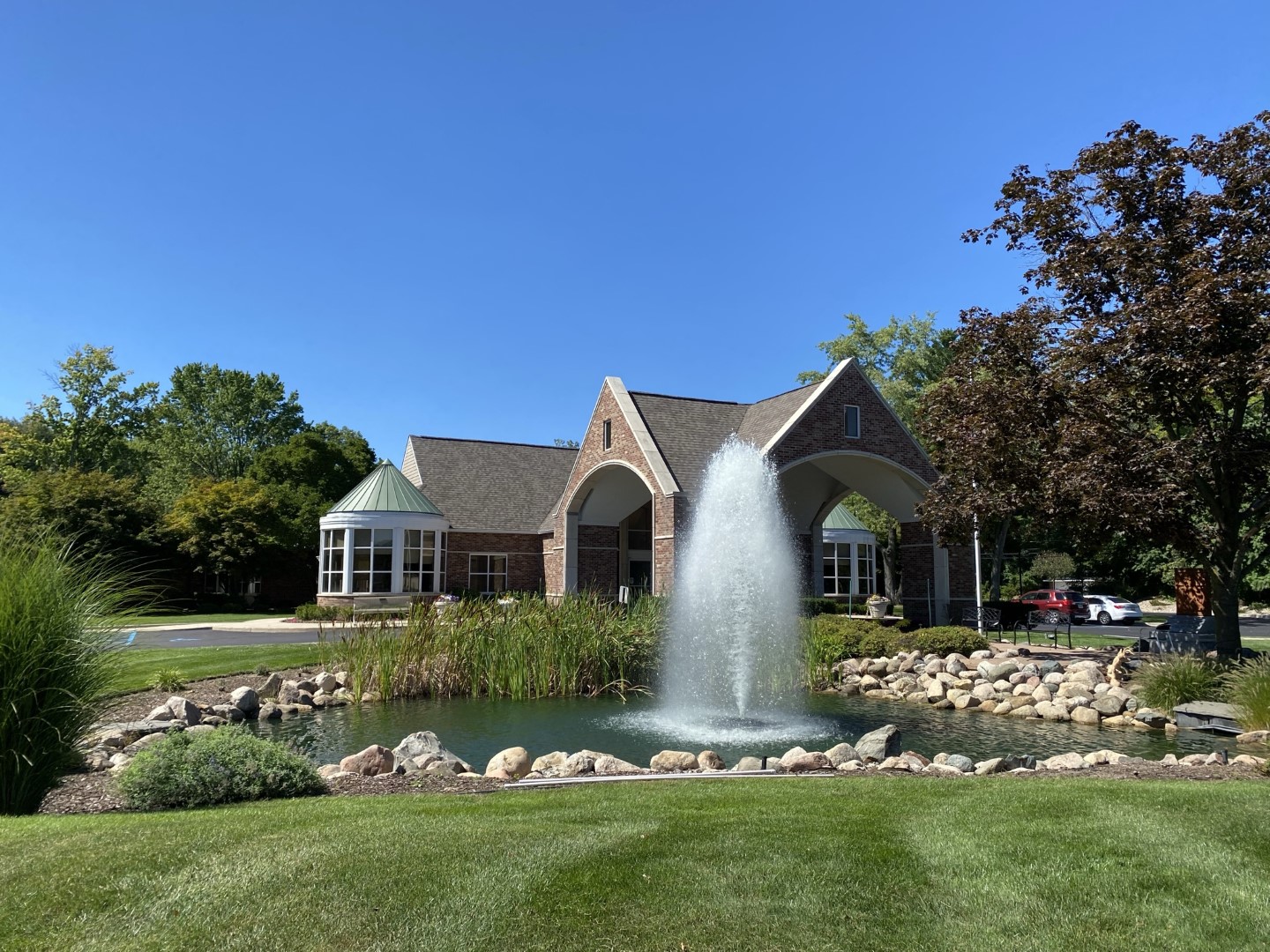Christmas is a popular and widely celebrated holiday in many parts of the world, but it is not the only one. There are many other holidays and festivals that take place during the winter season, some of which have religious, cultural, or historical significance. For seniors who may not celebrate Christmas, or who may want to learn about and appreciate other traditions, there are many ways to help them celebrate holidays besides Christmas. Here are some examples and tips on how to help seniors celebrate holidays besides Christmas:
- Hanukkah. Hanukkah is a Jewish holiday that commemorates the rededication of the Second Temple in Jerusalem after the Maccabean Revolt against the Seleucid Empire. It is also known as the Festival of Lights, as it involves the lighting of a nine-branched candelabrum called a menorah for eight nights. Hanukkah usually falls in late November or December, depending on the Hebrew calendar. To help seniors celebrate Hanukkah, you can:
- Help them light the menorah and recite the blessings each night. You can also sing some traditional songs such as “Ma’oz Tzur” or “Hanukkah, Oh Hanukkah”.
- Help them prepare and enjoy some traditional foods such as latkes (potato pancakes), sufganiyot (jelly doughnuts), or gelt (chocolate coins).
- Help them play some games such as dreidel (a spinning top with Hebrew letters) or sevivon (a spinning top with pictures). You can also give them some small gifts or money each night.
- Help them learn more about the history and meaning of Hanukkah by reading some books, watching some movies, or visiting some websites.
- Kwanzaa. Kwanzaa is a cultural holiday that celebrates African heritage and values. It was created in 1966 by Dr. Maulana Karenga, a professor of Africana studies, as a way to unite and empower African Americans after the Watts riots. It is observed from December 26 to January 1, and it involves seven principles: unity, self-determination, collective work and responsibility, cooperative economics, purpose, creativity, and faith. To help seniors celebrate Kwanzaa, you can:
- Help them set up a Kwanzaa table with a mat, a kinara (a seven-branched candle holder), a mkeka (a straw mat), a kikombe cha umoja (a unity cup), and some crops, such as corn, fruits, or nuts.
- Help them light a candle on the kinara each night and discuss one of the seven principles. You can also recite some poems or stories that relate to the principle.
- Help them prepare and enjoy some traditional foods such as jollof rice, collard greens, black-eyed peas, or sweet potato pie.
- Help them make some crafts such as mishumaa saba (candles), bendera (flags), or zawadi (gifts). You can also give them some handmade or educational gifts on the last day.
- Help them learn more about the history and meaning of Kwanzaa by reading some books, watching some movies, or visiting some websites.
- Winter Solstice. Winter solstice is the shortest day and longest night of the year in the Northern Hemisphere. It usually falls on December 21 or 22, depending on the Gregorian calendar. It marks the beginning of winter and the return of the sun. Many cultures and religions have celebrated winter solstice for centuries with various rituals and customs. To help seniors celebrate winter solstice, you can:
- Help them decorate their home or room with symbols of light and warmth, such as candles, lanterns, fireplaces, or evergreens.
- Help them prepare and enjoy some seasonal foods such as mulled wine, spiced cider, roasted nuts, or gingerbread.
- Help them participate in some activities such as meditation, yoga, journaling, or gratitude practice. You can also encourage them to reflect on their past year and set their intentions for the new year.
- Help them learn more about the history and meaning of winter solstice by reading some books, watching some movies, or visiting some websites.
These are just some of the examples of holidays besides Christmas that seniors can celebrate during the winter season. By helping seniors celebrate these holidays, you can not only make them feel happy and valued but also enrich their lives with new knowledge and experiences. Celebrating holidays besides Christmas can be a great way to embrace diversity and appreciate other cultures and traditions.
Happy holidays! 🎉🎁🎈





